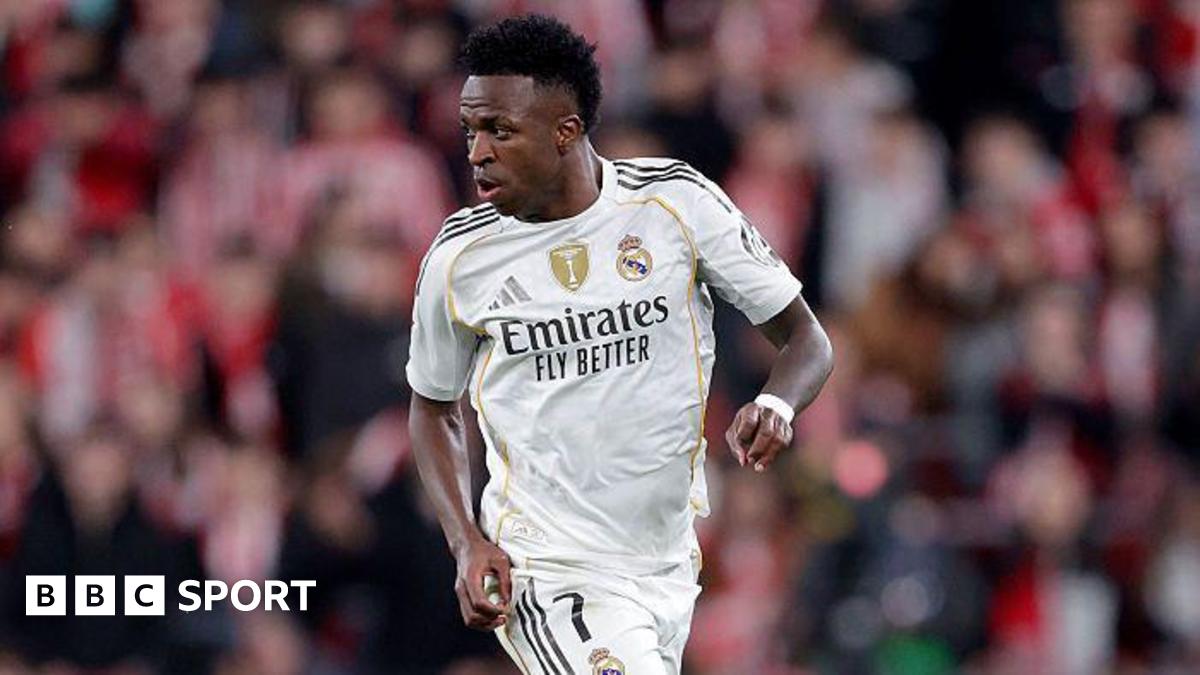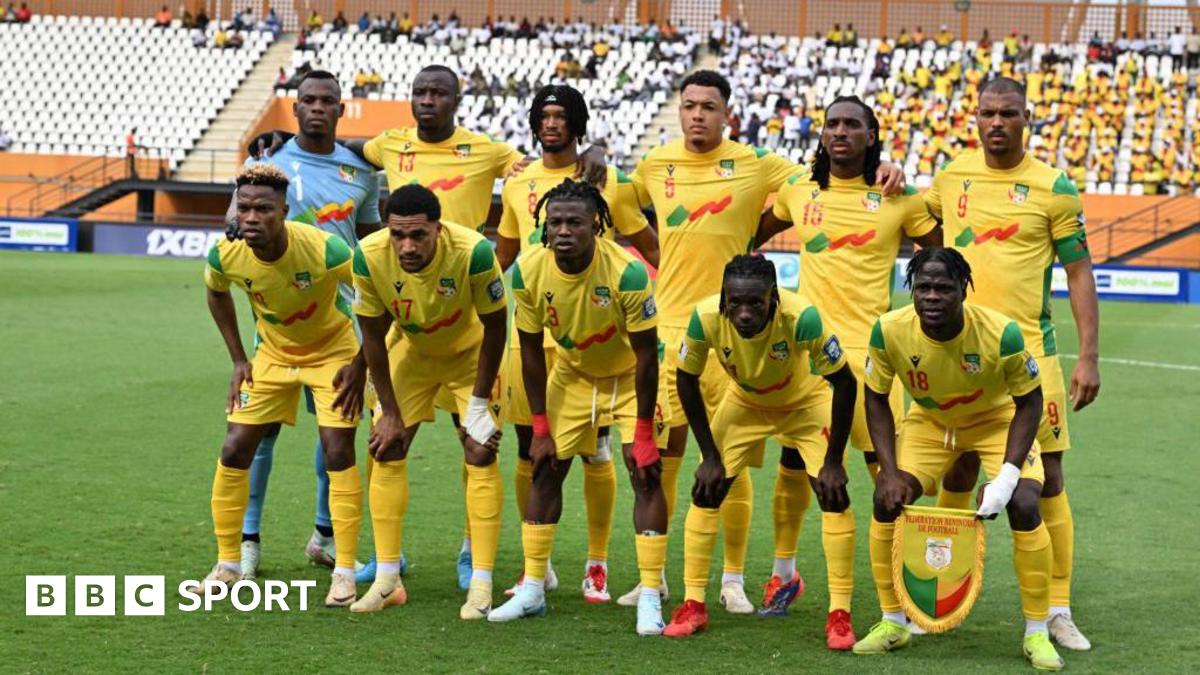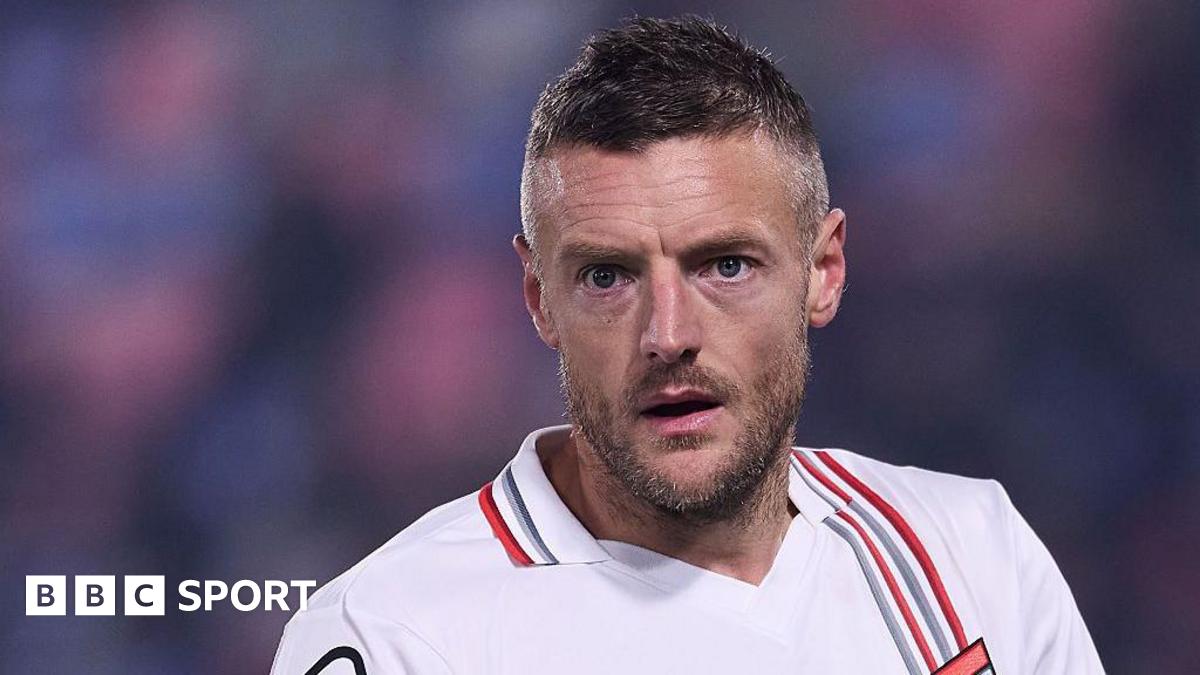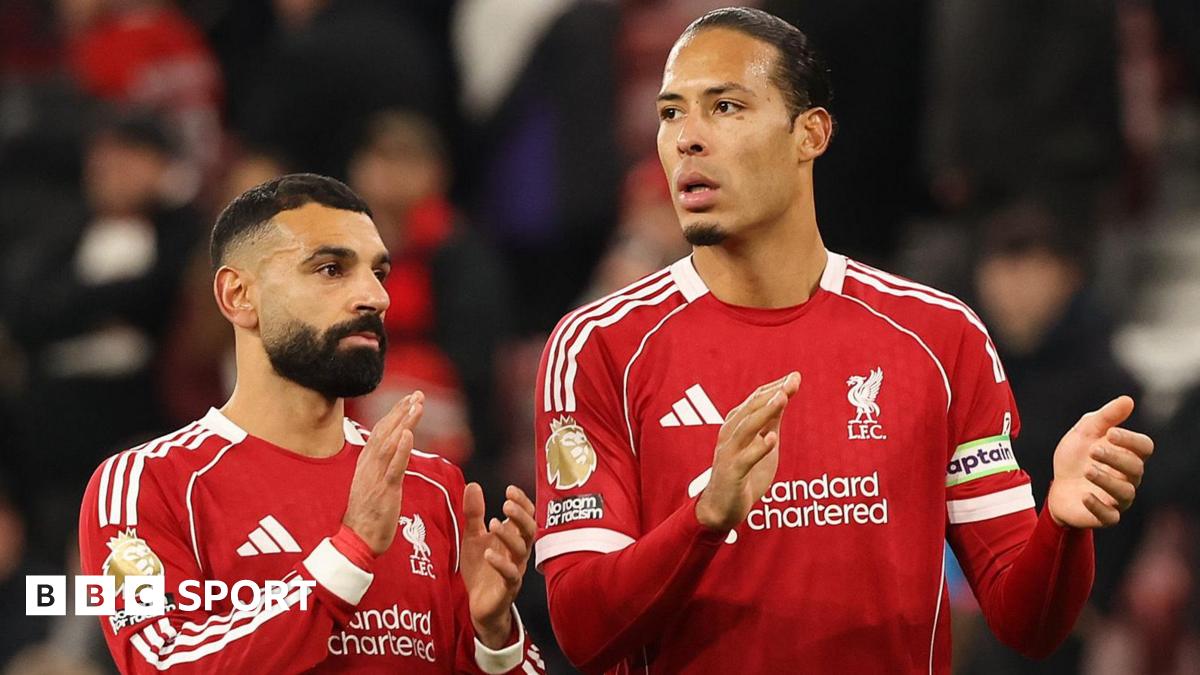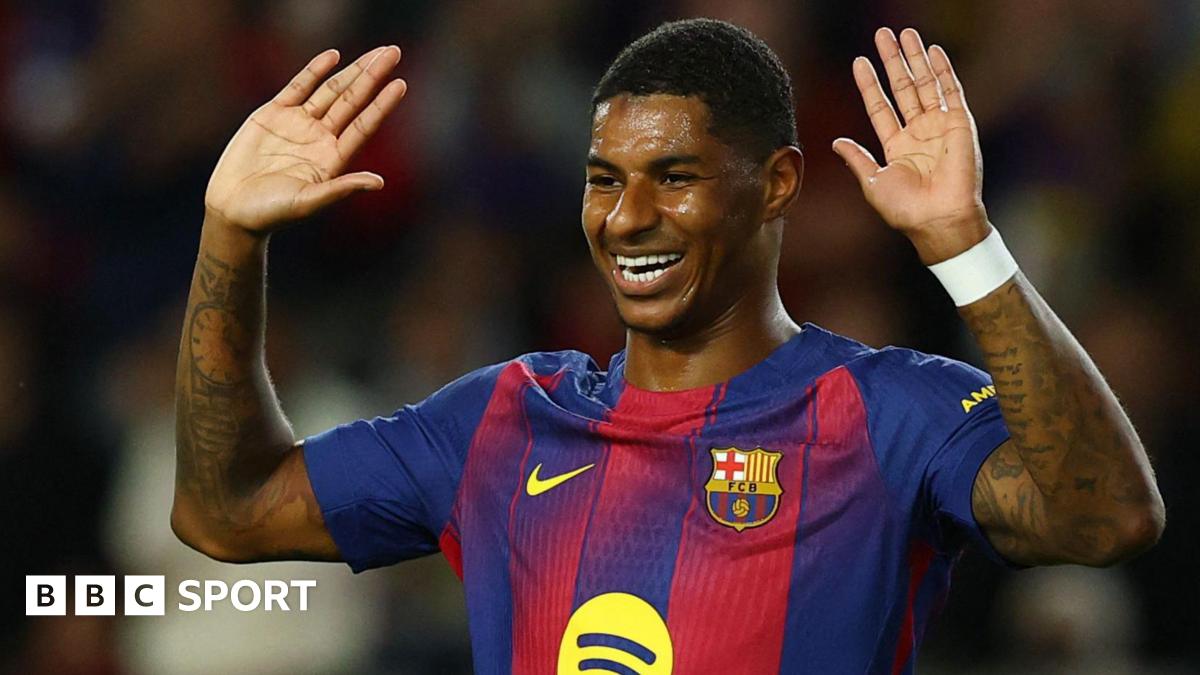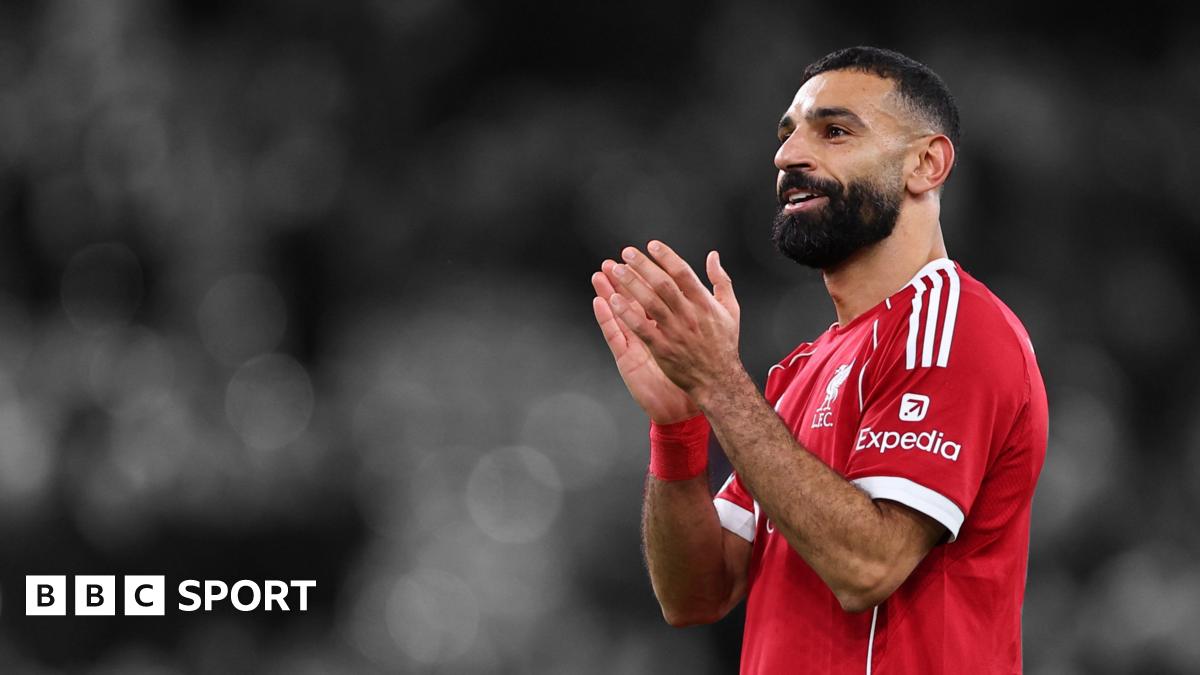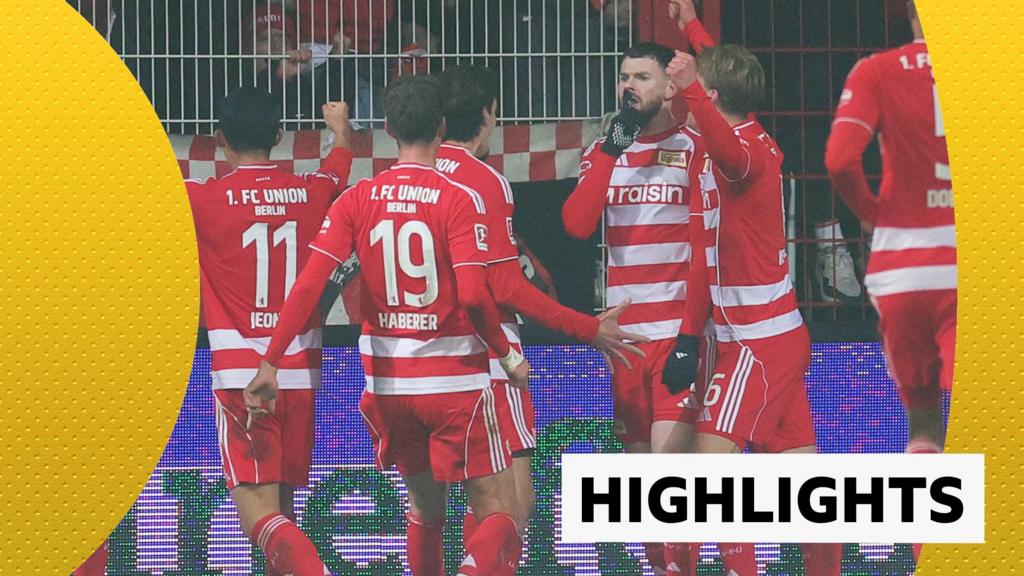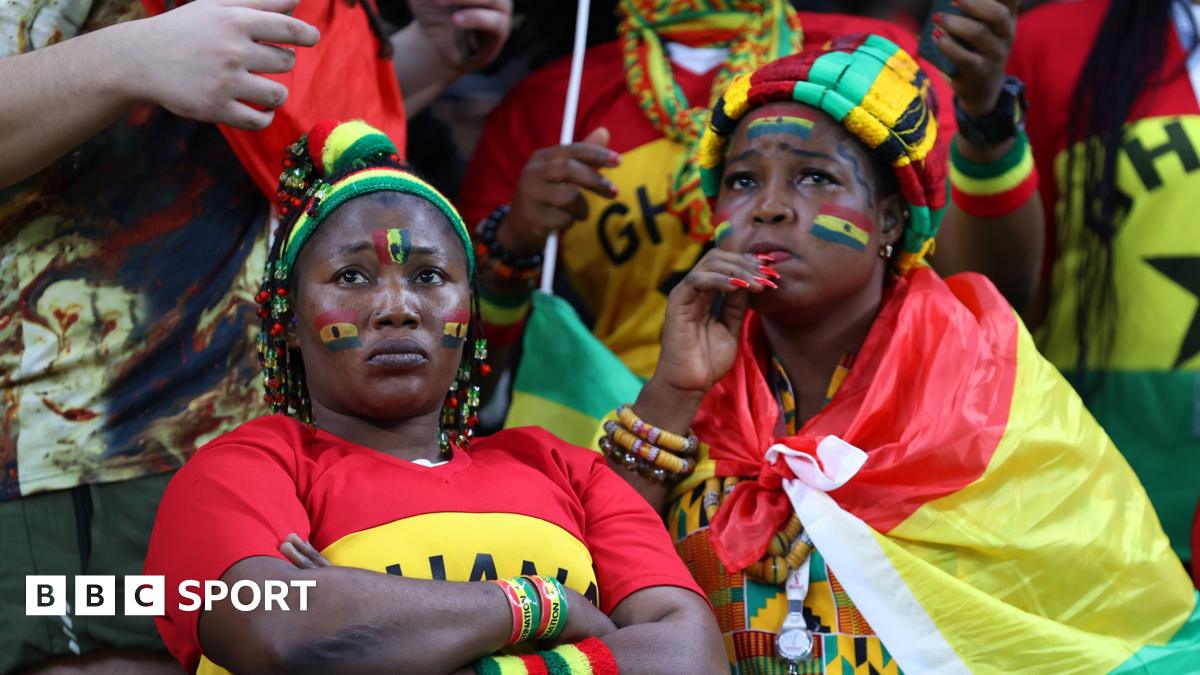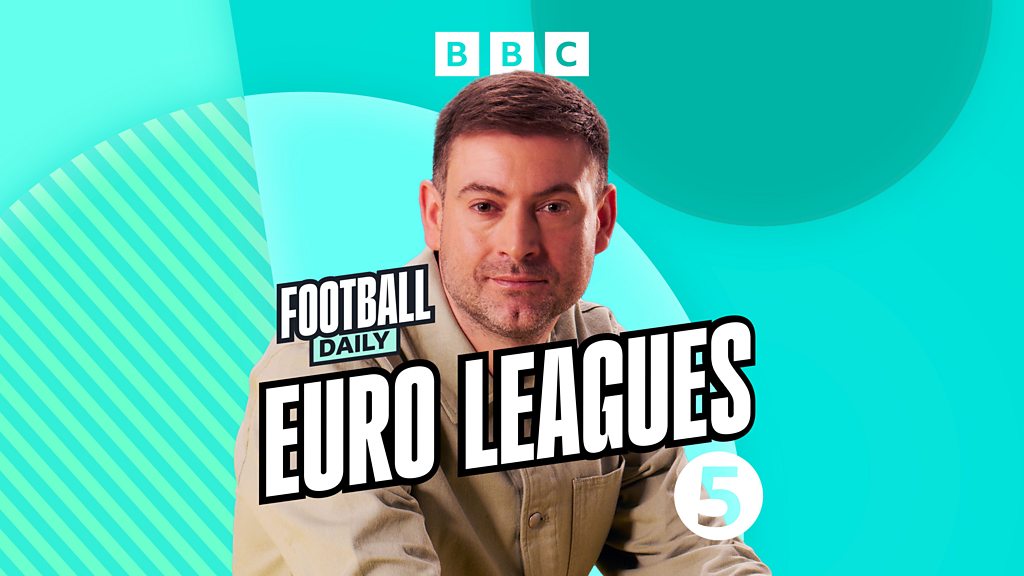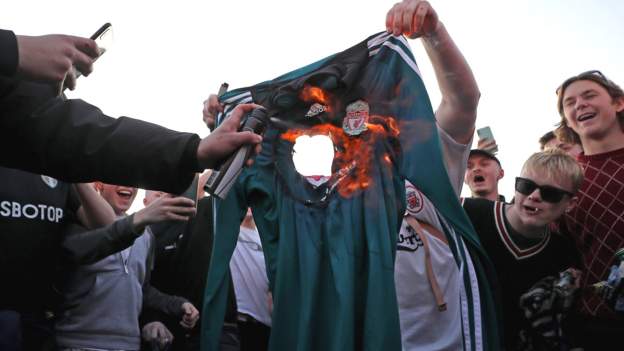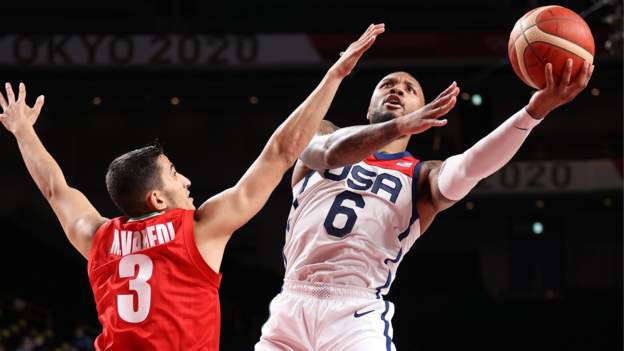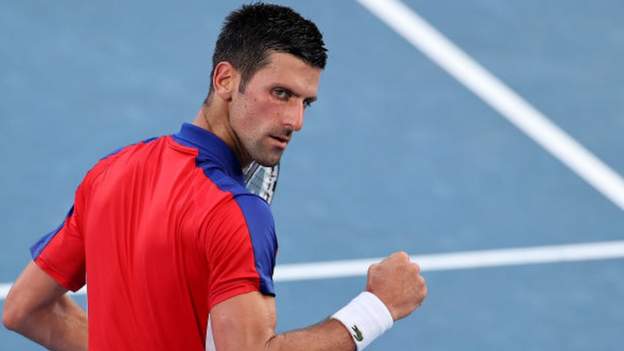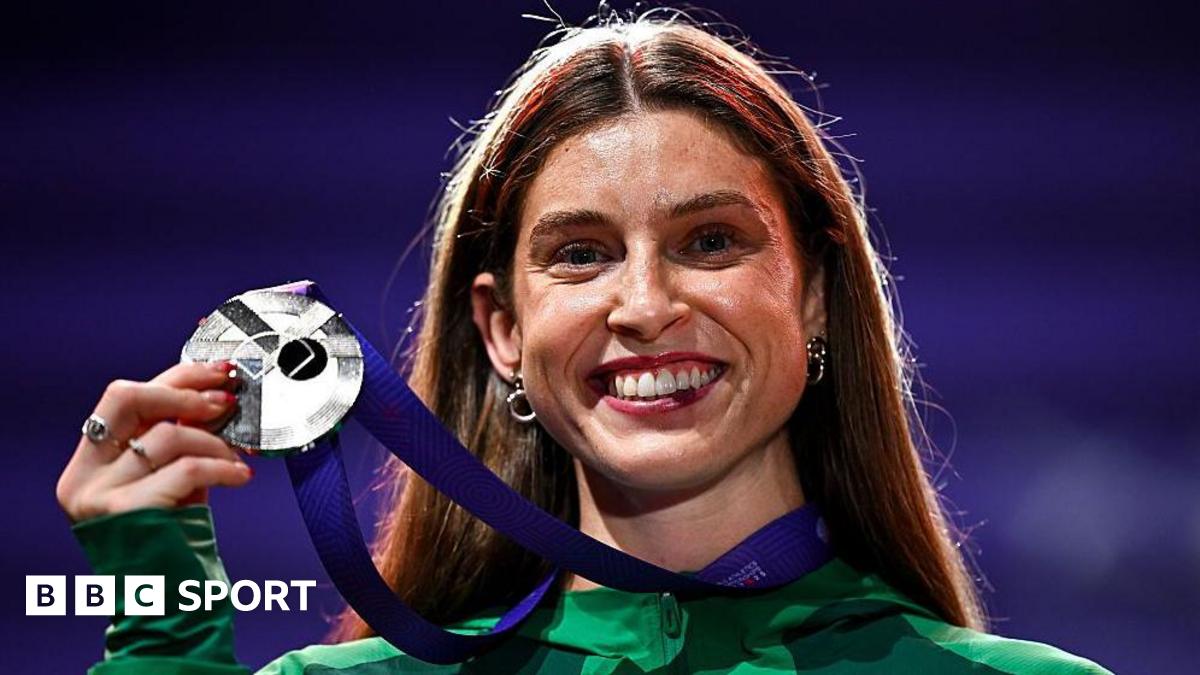The announcement by 12 of Europe’s leading football clubs that they will form a breakaway tournament has caused a fair amount of controversy on the continent.
Fans, former players and even heads of government, such as British Prime Minister Boris Johnson and French President Emmanuel Macron, have criticised the plans, confirmed late on Sunday.
The negative voices have so far proved the loudest. But the prospect of more regular clashes between some of the world’s most-followed teams might not necessarily be bad news for some, especially international fans based outside of Europe.
Under the proposals for the new European “Super League” (known as ESL) the founding members – England’s Arsenal, Chelsea, Liverpool, Manchester City, Manchester United and Tottenham, Spain’s Atletico Madrid, Barcelona and Real Madrid, as well as Italy’s AC Milan, Inter Milan and Juventus – will have a permanent presence in the tournament.
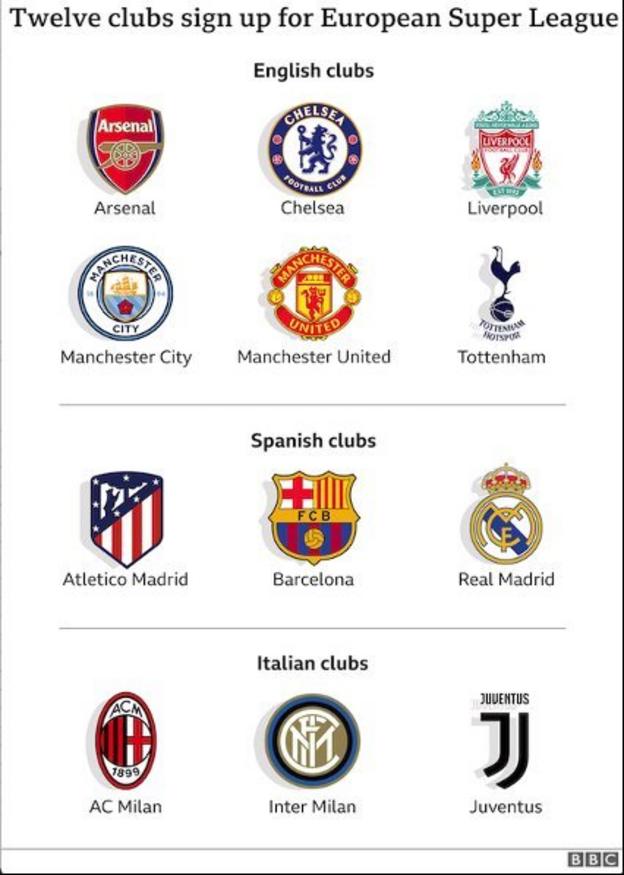
This is not what happens in the current elite continental tournament – the Uefa Champions League – where the finishing position in the respective national leagues earn teams a spot.
More exciting games on TV
Thus, the 12 clubs, which boast the biggest global fanbases, will be a guaranteed feature in televised games.
Avid fans in Africa, South America and Asia are surely licking their lips, right?
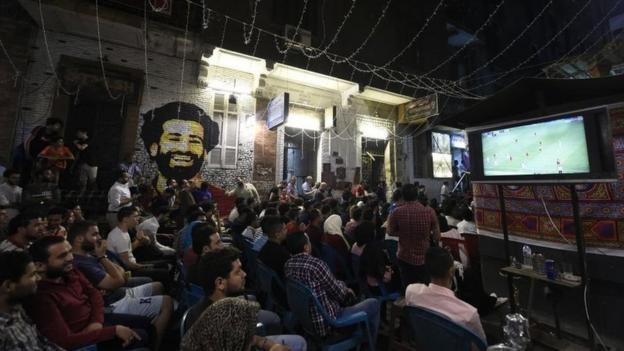
Not necessarily.
It is true that non-European fans have indeed expressed satisfaction on social media and web forums at the prospect of watching powerhouses of the game locking horns more regularly on their TV sets and portable devices.
But there has also been negative reaction more similar to counterparts in Europe, including accusations of greed from the big clubs, which are set to receive a considerable larger amount of money from the new competition than in the Uefa Champions League.
It is estimated the the “Super League” could raise TV revenues of over $4.8 billion a year – double the amount generated by the current tournament.
“It is a shameful and despicable move from those clubs,” Julie Ciccarini, a Brazilian fan of Arsenal who lives in Australia, told the BBC.
Via Twitter, Mushfiq Salehin, a Bangladeshi fan of Real Madrid, said that “European football is selling its soul for money”.
But look hard enough and there are international football fans excited by the idea of a new super league.
‘Bigger tournament… Better entertainment’
Nigerian fan Jhon told the BBC via Twitter that he is excited about seeing his favourite team Chelsea playing top European opposition more regularly.
He mentioned the fact that the London team’s upcoming semi-final tie with Real Madrid in the UEFA Champions League is the first meeting between the two sides in a European competition in over 20 years.
“The ‘Super League’ will make this possible every year and that’s just one example. The bigger the tournament, the better the entertainment,” he said.
Charles Oyeshomo, a Nigerian Liverpool fan from Lagos, also supports the creation of the tournament.
“I am in support of European ‘Super League’ because the quality and standards of football have been dropping for a while, I would say in the last five to six years,” he told the BBC.
Oyeshomo is critical of governing bodies like Uefa and Fifa and believes the breakaway league will nudge them into more decisive action in broader issues.
“Uefa and Fifa have had a monopoly over the game for a few decades now. This has resulted in a lot of scandals.”
“The ESL would also make them sit up and address issues better. For instance, racism and the VAR issues are not being addressed in a proactive measure,” he added.
Younger fans more supportive?
In a December 2020 poll with English fans, the BBC found that while the majority of fans of all ages were against the creation of a breakaway league, the margins tightened with younger football followers.
Some 48% of people under the age of 55 said they would be happy about the prospect of a European Super League.
That’s in contrast to a mere 10% of fans aged 55 and over.
Early days
It is important to remember that the announcement is only the initial step in what promises to be tumultuous next few months.
For starters, German and French clubs, which include current European champions Bayern Munich and runners-up Paris Saint-Germain, have so far refused to join the 12 breakaway clubs.
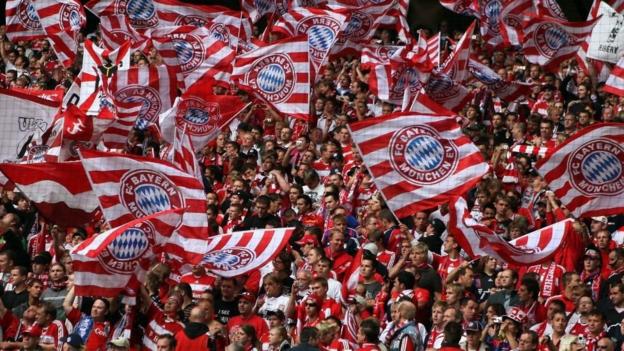
Governing bodies like Uefa have threatened to prevent players from Super League clubs from “representing their national teams” in competitions such as the World Cup – a prospect that would require a final say from world governing body Fifa, but that is nonetheless daunting given that many international stars currently play for the “rebellious 12”.
It is also unclear if the new tournament will lead to fans paying more to watch the games, as there are no details yet of how the TV rights will be sold.
In Brazil, for instance, Uefa Champions League matches were freely broadcasted via Facebook this season and will be shown on free-to-air TV from the 2021/22 season.
Will it be the same with the “Super League”?

